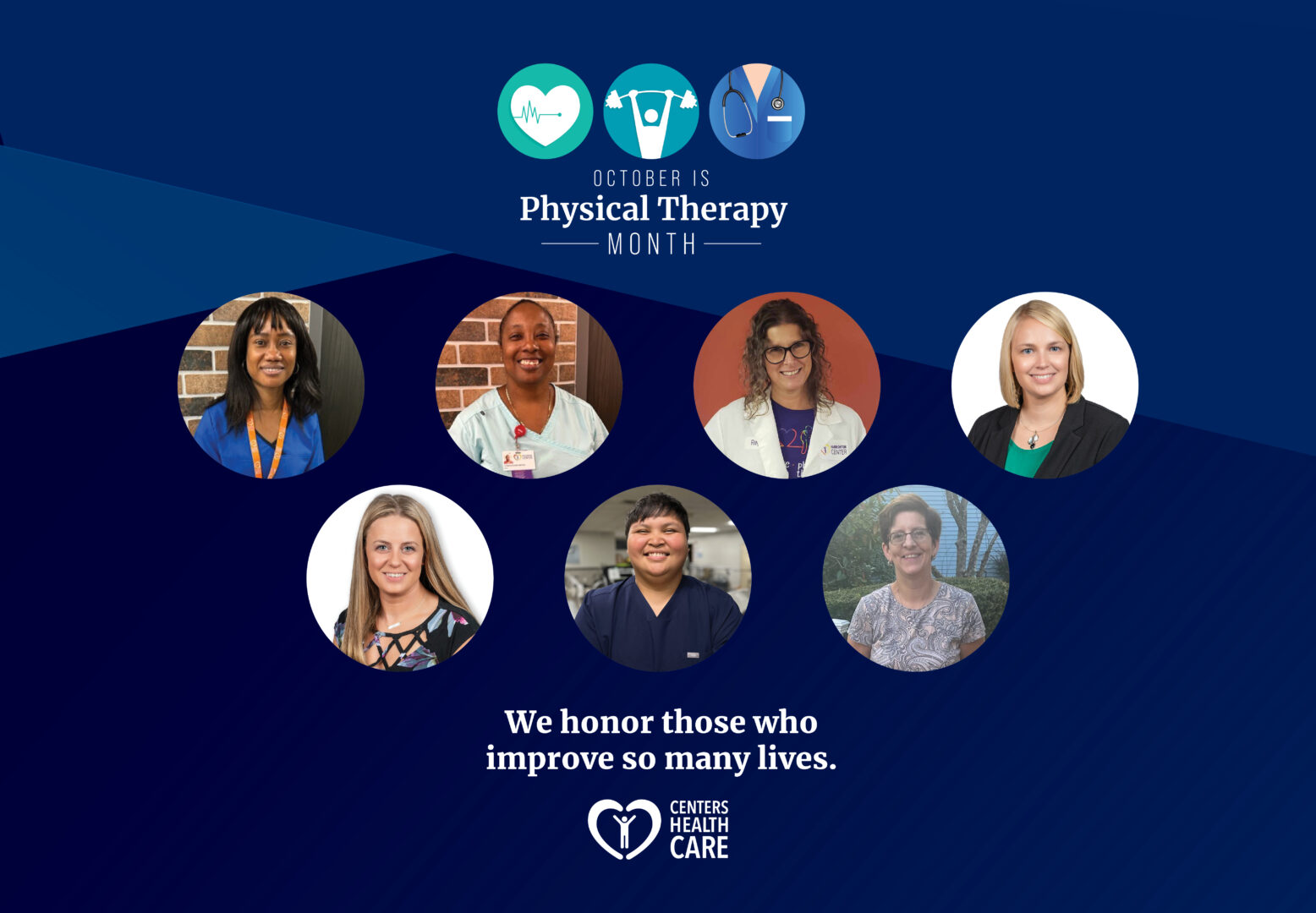When It’s Time for a Nursing Home – How to Help Transition

Deciding when it’s time for a parent to transition to a nursing home is emotional. While you may have feelings of sadness about this decision, you may also have feelings of relief. And then possibly guilt about those very feelings. This is a tough decision and whatever you’re feeling is OK. Focus on the positive aspects. Nursing homes provide social outlets and community that your parent would not otherwise be exposed to and round-the-clock medical care. If you’re wondering how to get your parent into a nursing home, read on for helpful advice about signs to look out for and tips for making the transition easier.
Signs It’s Time for a Nursing Home
If you’ve wondered when it’s time for a nursing home, that probably means that the time is near or here already. The decision involves assessing factors not only related to your parent’s health and well-being but your own as well. Ask yourself:
- Have you injured yourself trying to lift your parent?
- Are you financially burdened from spending money on in-home help for times you can’t be there?
- Are you showing signs of caregiver burnout? More on this
- Have family and friends expressed concern about your health?
- Have healthcare providers brought up the idea of nursing home placement for your parent?
Below we go into a little more depth of the signs that your parent needs the care a nursing home provides.
Increased Medical Needs
As a parent ages, their medical needs become more frequent and complex. These demands may transcend the care you can give despite your best efforts. Nursing homes provide 24-hour medical care and employ trained staff available night and day. You can rest easy knowing that if an emergency happens in the middle of the night, your parent will be taken care of.
A new diagnosis, such as dementia or Alzheimer’s, can require round-the-clock care, which can be an overwhelming burden for anyone, especially the person’s child. Additionally, your parent may face challenges like managing new diagnoses such as diabetes or heart disease, which require careful monitoring and specialized care. They might also have difficulty keeping up with their medication, ensuring proper dosage, and remembering to take it on time. Nursing home personnel can ensure that all medical needs are met, including maintaining medication schedules and providing the necessary care for complex conditions.
Mobility Challenges
If you are concerned about the safety of your parent moving around their home alone, consider discussing with them transitioning to a nursing home designed to accommodate mobility issues. Examples include trouble moving around their home alone, frequent falls, struggling to get out of bed or stand up from a chair, and navigating stairs. Nursing homes provide rehabilitation and monitoring to strengthen muscles, increase confidence, and ensure safety when moving.
Losing the ability to drive is a major blow to independence. Unfortunately, this scenario is common in older individuals, impacting their ability to get to doctors’ appointments on their own. But when living in a nursing home, medical care comes to the patient, not the other way around.
Caregiver Burnout
Caregiver burnout is a real thing. It’s OK to admit that you’re burnt out and need help. Caregiving can be draining, both physically and emotionally, especially when most of the responsibility falls on one person.
The stress from constant caregiving can damage relationships, whether it’s with the parent you are caring for, a spouse, or even other family members. For example, relationships with parents or spouses can become strained when one person takes on all the caregiving responsibilities. Look out for signs, both in yourself and fellow caregivers, of irritability, depression, and chronic fatigue. Noticing these symptoms means you may no longer be able to provide adequate care for your parent. A transition from home to nursing home care can relieve the burden on you and other caregivers, allowing for healthier relationships and better overall well-being.
How to Make the Transition to a Nursing Home Easier
Below are suggestions to make the transition from home to nursing home care as pleasant as possible for everyone involved.
Get to Know the Facility
It is a sensitive time when your loved one acclimates to their new home. You can help ease both your anxieties and theirs by asking questions, observing the environment, and getting to know the activity schedule. Form relationships with their new caregiver staff so that you feel comfortable leaving your parent in their care.
This helps give you peace of mind. Also, actively getting to know the staff will benefit your parent. You are the best resource for the staff in understanding your parents’ needs.
Bring Decorations from Home
Moving to an unfamiliar place will likely leave your parent longing for a feeling of home. You can help with this by moving in familiar items. Hang pictures of loved ones on the wall, and bring their favorite comfortable clothes. If space allows, bring in some furniture from home such as their favorite chair.
Visit Regularly and Encourage a Routine
Regular and frequent visits will go a long way in helping the transition. This is especially true in the first few months when they are adjusting. If possible, visit consistently as a structured routine helps to provide a sense of normalcy.
But visiting at different hours occasionally will also help. Having a meal with them or participating in an activity are good ways to spend time during a visit.
Overcoming the Stigma
Yes, there is often a stigma attached to nursing homes, but in most cases, it is misplaced. Still, you will want to reassure your parent.
If your parent has concerns, address them openly and honestly. Highlight the positive aspects of transitioning to a nursing home: a new, supportive community, a renewed social life, 24-hour access to medical care, modern amenities, and more. Emphasize how these benefits can enhance their well-being and restore a sense of independence.
At Centers Health Care, we go beyond the standard care by actively incorporating traditions from different cultures and religions to help make your loved one feel comfortable and respected. We reach out to the communities we serve and learn as much as we can about their cultures, customs, and traditions. This allows us to offer programs and events that reflect and respect the diversity of our residents, ensuring they feel at home.
Additionally, our facilities emphasize lifestyle and community, creating an environment where residents can thrive. Whether it’s through engaging social activities, tailored fitness programs, or specialized dietary options, we strive to meet the unique needs and preferences of each resident. Our commitment to creating specific communities within our facilities fosters a sense of belonging and ensures that your loved one is surrounded by people who share similar interests and backgrounds.
In short, we are committed to making sure that your loved one will feel at home here, enjoying a fulfilling and enriched lifestyle in a supportive and caring environment.

